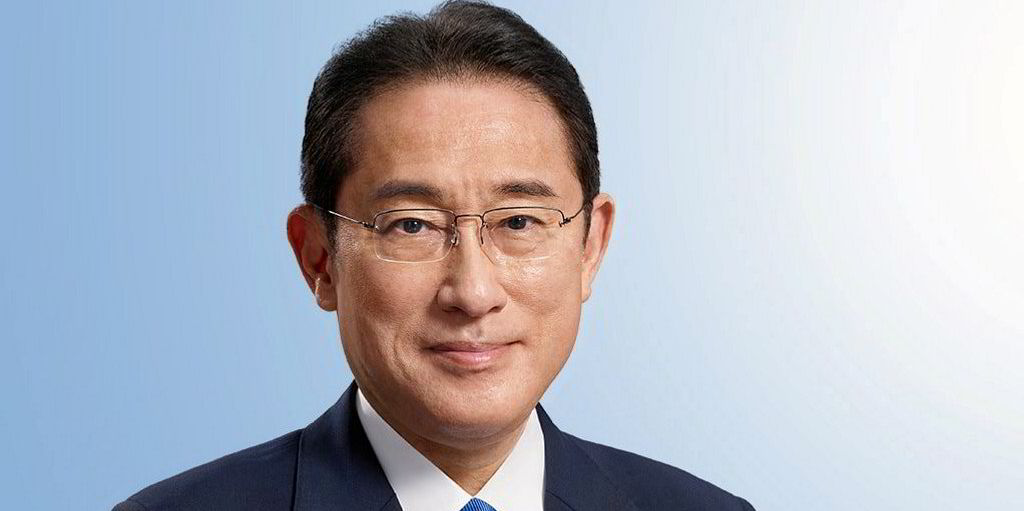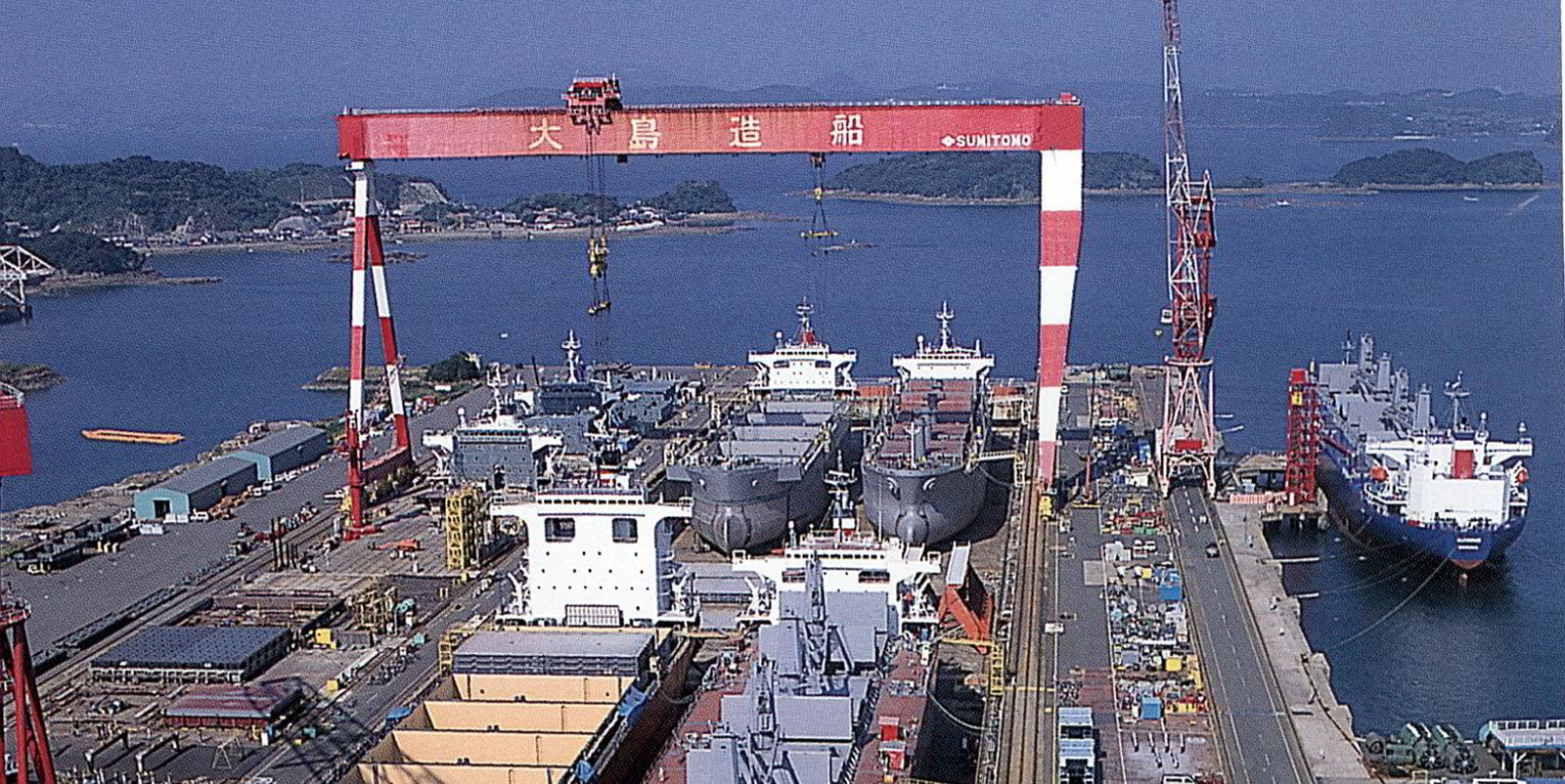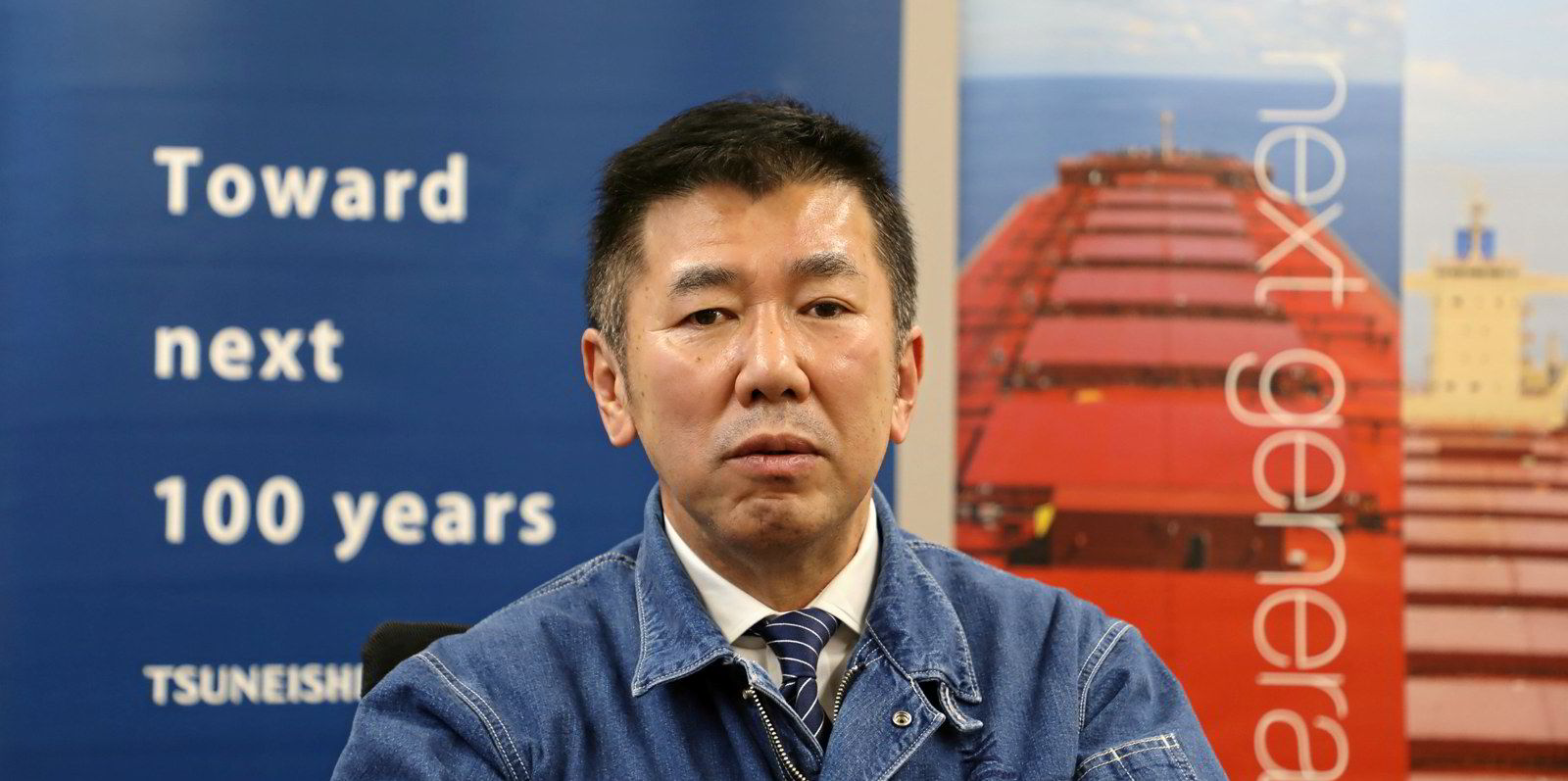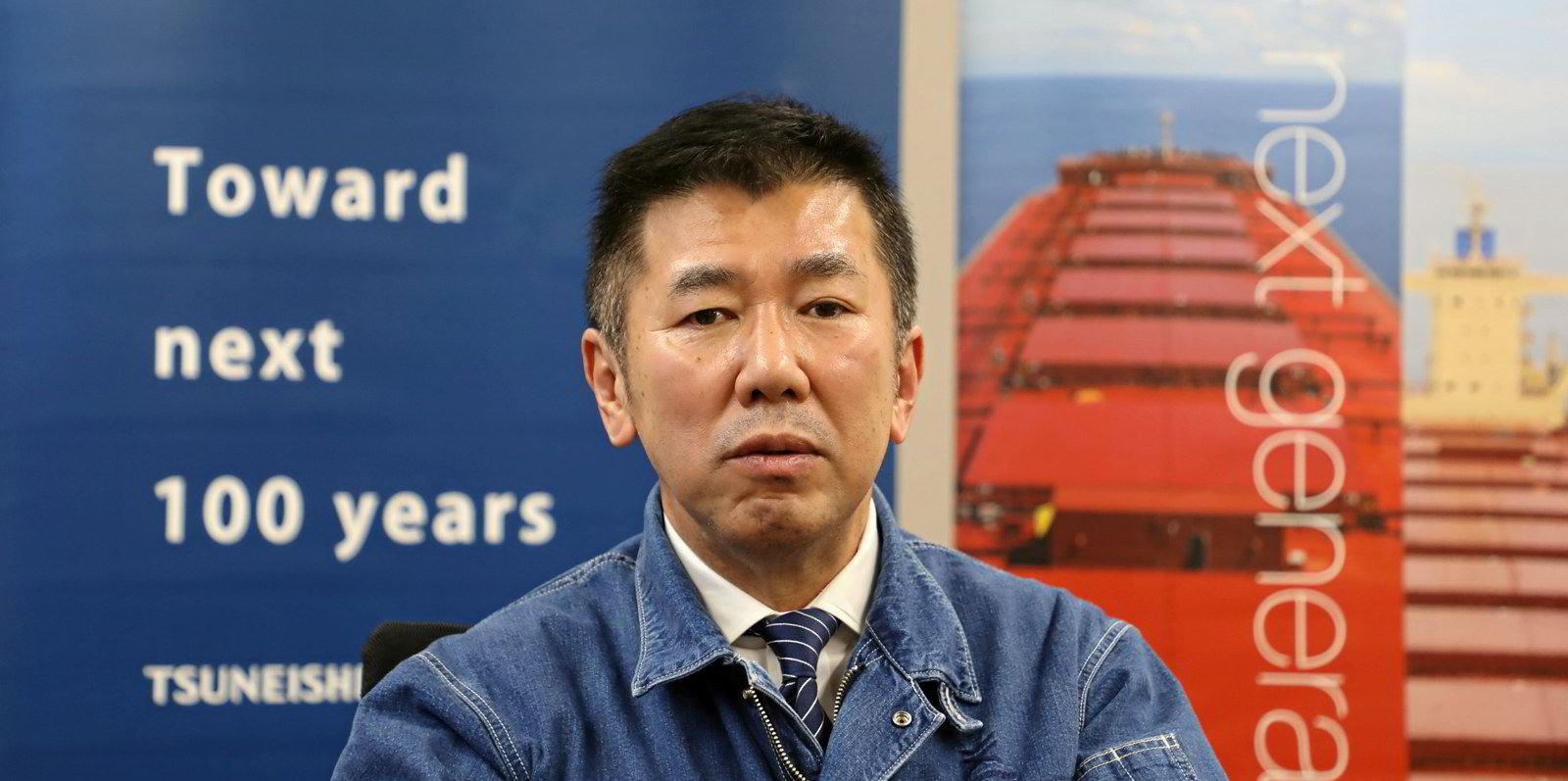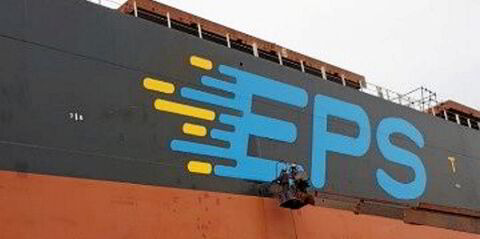Japan's bulk carrier builders have unexpectedly found themselves with a fresh competitive edge following unusual movements in the international currency markets.
An expected rise in US interest rates has prompted a further devaluation of the Japanese yen against the US dollar, continuing a trend that in the past 12 months has dramatically improved the earning potential of Japanese yards.
Another factor has been a strengthening Chinese yuan over the last 18 months that has left rival Chinese shipbuilders, temporarily at least, at a competitive disadvantage.
Virtually all newbuilding contracts at Japanese shipyards are agreed in dollars, leaving shipbuilders holding all the currency risks as nearly all Japanese shipyard costs are in yen.
Current newbuilding prices quoted by Clarksons estimate a 62,000-dwt ultramax at $32m. That figure at today's exchange rate would be about ¥3.6bn.
The yen hit a four-year low of ¥114.5 to the $1 recently. That compares with an average yen to US dollar exchange rate of ¥106 to the $1 in 2020.
Last year, the same ship was priced at $24m, which at last year's exchange rate would be only ¥2.5bn, approximately one-third less.
Another currency factor to help Japanese yards has been a strengthening Chinese yuan. China is Japan's closest rival in the market for bulk carriers up to panamax size.
A stronger yuan against the US dollar puts Chinese yards at a disadvantage when bidding for US dollar-denominated newbuilding contracts.
A cheap yen and strong yuan is a rare but welcome development for Japanese shipyards.
"At last year's exchange rate and newbuilding prices it was difficult to take newbuilding contracts without running the risk of considerable exchange rate losses. But the picture looks different this year, with higher newbuilding prices and at exchange rates that are actually helping Japan for once," one local broker said.
Main winners
The main winners will be the Japanese yards such as Imabari Shipbuilding, Oshima Shipbuilding, Sanoyas Shipbuilding and Tsuneishi Shipbuilding, which regularly compete against Chinese shipyards for bulk carrier orders.
These yards will also see their yen income boosted by deliveries made under the current lower exchange rate, if they have not previously hedged the currency risk. Typically, about 70% of the contract price is paid on delivery of the vessel.
Bulk carriers are the predominant ship type ordered in Japan. Between January and September this year, out of 12.2m gt of export contracts placed at Japanese shipyards, 7.6m gt were bulk carriers, according to figures from the Japan Ship Exporters' Association.

The question is whether the current situation is a temporary quirk of the exchange rate markets — or whether current exchange rate parity will be sustained for long enough to help newbuilding order volumes at Japanese shipyards recover?
Boost exports
The view among analysts is that Beijing is happy to manipulate a strong yuan against the dollar for the time being, to aid its own domestic policy. But it is also expected that sometime in the near future it will eventually allow the currency to devalue again to boost exports.
Financial news agency Bloomberg commented: "At some point, the Chinese authorities will decide that propping up its currency has served its purpose and allow the yuan to naturally weaken — adding another medium-term reason to own the dollar."
In Japan, the country's export industries such as shipbuilding are benefitting from the lower exchange rate.
With growing pressure in the US for interest rate hikes, which is also likely to attract more funds to the dollar, it appears that the yen may weaken further.
There have been no indications that the Bank of Japan wants to raise interest rates.
But the yen devaluation has also significantly raised the cost of oil and energy imports, which could encourage inflation.
The Fumio Kishida government is keen to keep the cost of living down, which could put pressure on the Bank of Japan to take action to strengthen the yen.
Kishida's Liberal Democratic government has already hinted it is closely monitoring currency movements with an eye to halting the recent drop in the yen's value.
Deputy chief cabinet secretary Yoshihiko Isozaki said at a local press conference. "Currency stability is extremely important, so we'll continue to watch market moves carefully," he said.
